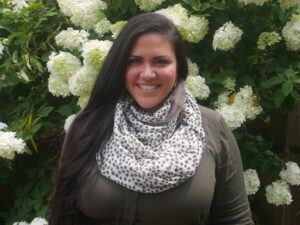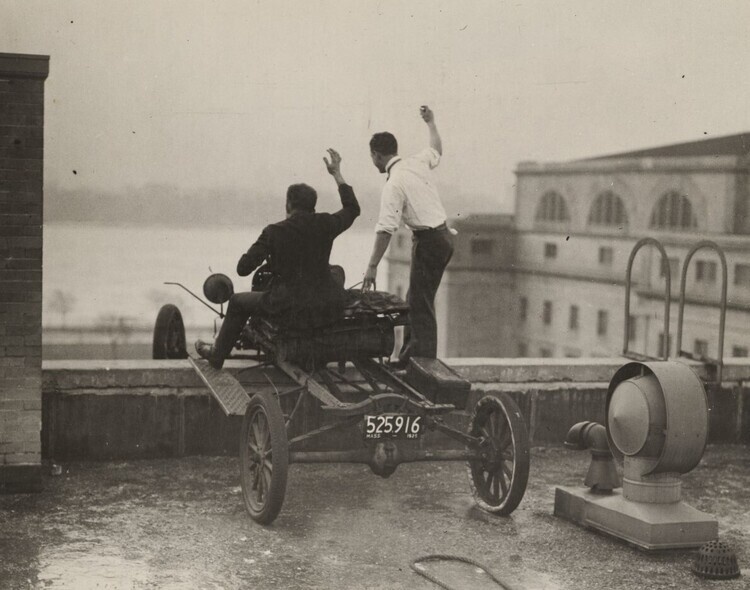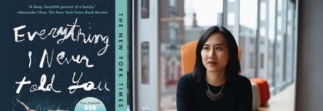 Sylvia Figueroa-Ortiz joined the Libraries in 2022 as the inaugural MIT Libraries-ACRL Diversity Alliance Administrative Fellow. The Association of College and Research Libraries (ACRL) Diversity Alliance program unites academic libraries committed to increasing the hiring pipeline of qualified and talented individuals from underrepresented racial and ethnic groups. As Figueroa-Ortiz nears the end of her two-year fellowship this summer, she shares with Bibliotech some of the key lessons she takes away from her experience at MIT Libraries.
Sylvia Figueroa-Ortiz joined the Libraries in 2022 as the inaugural MIT Libraries-ACRL Diversity Alliance Administrative Fellow. The Association of College and Research Libraries (ACRL) Diversity Alliance program unites academic libraries committed to increasing the hiring pipeline of qualified and talented individuals from underrepresented racial and ethnic groups. As Figueroa-Ortiz nears the end of her two-year fellowship this summer, she shares with Bibliotech some of the key lessons she takes away from her experience at MIT Libraries.
What interested you about this fellowship opportunity?
The program is designed to prepare fellows for a career in librarianship by bringing them into close contact with the lived experiences of leaders in an academic library at a high-ranking university. This makes it unique among the various diversity residencies across the country.
What have you been working on during the fellowship?
During my time at the MIT Libraries, I have been mentored by Alexia Hudson-Ward, Associate Director for Research, Learning, and Strategic Partnerships, in organizational and management skills as well as leadership theory, concepts, and applications. As a member of the Community Engagement team, I have worked on MIT Reads [an Institute-wide reading and discussion program], helping build a program of outreach to student groups and other units at the Institute and working to increase our program’s visibility to the MIT community.
What have you learned during your time at MIT Libraries?
Most of my work with Alexia is rooted in academic discourse around leadership theory, concepts, and practice. Alexia and I would discuss how these theories and concepts applied to the library profession and how she applied them to her work as an administrator. I also found Alexia’s mentorship really valuable due to her professional trajectory as a woman of color in administration and her willingness to share with raw honesty her experiences as a leader.
As a member of the Community Engagement team, I was able to experience firsthand what it means to implement an outreach and engagement program that spans months of planning, involves complex partnerships with other units and groups in the MIT community, and that culminates in a campus-wide public event. Working on MIT Reads provided an excellent platform for me to closely see leadership theory in practice and the ability to reflect on these findings in an environment that encouraged questions and valued my input.
How do you think this experience has prepared you for the next phases of your career in librarianship?
It’s in understanding people that I feel the fellowship has served me the best. I used to have a professor whose favorite saying was, “Bloom where you are planted, and recognize it in others when they do.” Seeing the extraordinary work that my colleagues do and how they embody these words is something I will take with me for years to come. Leadership doesn’t have to be a top-down process. It can come from the most unexpected places when nurtured properly. Wherever my career takes me next, I am grateful for the experiences my fellowship provided and the wonderful people I had the opportunity to learn from.


